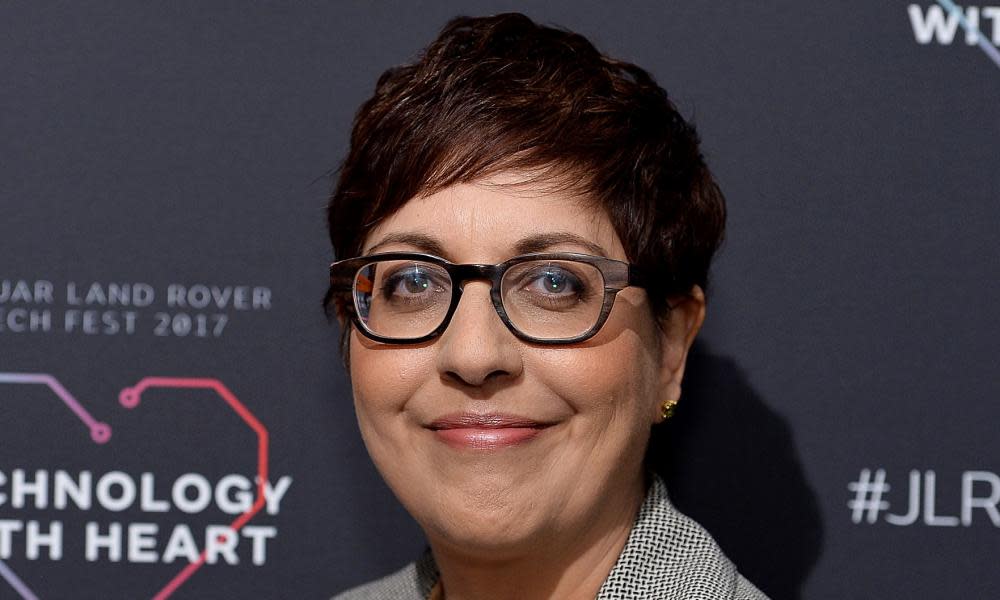Boris Johnson either doesn’t have a grip on Grenfell - or he doesn’t care

It is a scandal that should never have happened. The second phase of the Grenfell Tower inquiry opens tomorrow, after the exposure of a conflict of interest that was not resolved until families threatened to withdraw from the process. The appointment of engineer Benita Mehra to the inquiry panel, linked as she was to the cladding firm Arconic, undermined trust and could have left the inquiry’s phase 2 findings open to legal challenge. Mehra has now resigned.
Yet there are still serious questions to answer about the government’s appointment process to the inquiry panel, the due diligence carried out by the prime minister, and the initial failure to reverse the appointment once the conflict was exposed in the Guardian. “The government should never have put families in this situation,” said Grenfell United, the group representing many bereaved and survivors. “They failed to carry out basic checks and understand the importance and sensitivities around a fair and proper process.”
Mehra’s appointment was announced in a letter from Boris Johnson to the inquiry chairman on 23 December. The timing of the announcement – two days before Christmas – struck many as suspicious. It emerged that Mehra had been president of the Women’s Engineering Society in 2018, when the association received £71,000 in funding from the charitable arm of Arconic – which manufactured the cladding used at Grenfell, a material the inquiry found to have been the primary cause of the spread of the fire, which killed 72 people.
Concerns were raised directly with the prime minister, who said he would look into it; but neither Johnson, nor the team around him, seems to fully understand the level of anger and distrust. Until last Friday, the Cabinet Office repeated the line that Arconic’s donation to Mehra’s association was “unrelated to the issues being considered”.
We should take a moment to reflect on how serious this failure was. A solemn judicial process taking place in the interests of justice and public safety after the deadliest fire since the second world war is starting its most important phase of evidence-gathering compromised by the prime minister. He and his team either do not have a full grip on the Grenfell brief, or they do not care. The letter accepting Mehra’s resignation reiterated that the Cabinet Office “continue to believe that there is no conflict of interest that would have prevented you from taking part in the inquiry”.
As the inquiry opens, this is more than a slap in the face to families who watched flames rip through Arconic’s cladding knowing their loved ones were trapped inside. The failure to see such a glaring conflict is exactly why the inquiry needs to ensure absolute impartiality and transparency, and to demonstrate utter fearlessness at getting to the how and why of what happened.
The government must now urgently try to repair trust in the inquiry by finding a suitable replacement. “The government promised two panel members and must now urgently find a new panelist, to bring expertise on community relations to the inquiry,” said Grenfell United. Grenfell has always been about the indifference of those in power to the lives of ordinary people, who put profit before safety. It should be a matter of deep concern that Grenfell United have also raised concerns “about the indifference shown towards bereaved and survivors by the secretary of the inquiry, Mark Fisher … We need to know that the inquiry team will change how it deals with families.” While the report on the first phase was welcomed by families, the inquiry didn’t get parts of the process right, such as communication, and dealing with questions from the families.
This week, the inquiry is expected to hear opening statements from many of the corporate core participants, as well as from lawyers for the families. Over the next 18 months it will scrutinise “the design of the cladding and the choice of materials, the testing and certification of those materials, and the role of central and local government in promoting fire safety”. Senior representatives from Kensington and Chelsea borough council, the tenant management organisation, the cladding companies, government ministers past and present, and the office of the Mayor of London (and let’s not forget that Johnson himself was Mayor of London when cuts were made to the fire service), are all expected to give evidence. Grenfell cuts right to the heart of government.
All the Grenfell families want is a fair chance to let the evidence determine where responsibility lies. The inquiry’s report into phase 1 was welcomed – it must now show itself to be fearless at getting to the truth.
• Seraphima Kennedy is a writer and researcher. She is a former neighbourhood officer at Kensington and Chelsea Tenant Management Organisation

 Yahoo News
Yahoo News 
